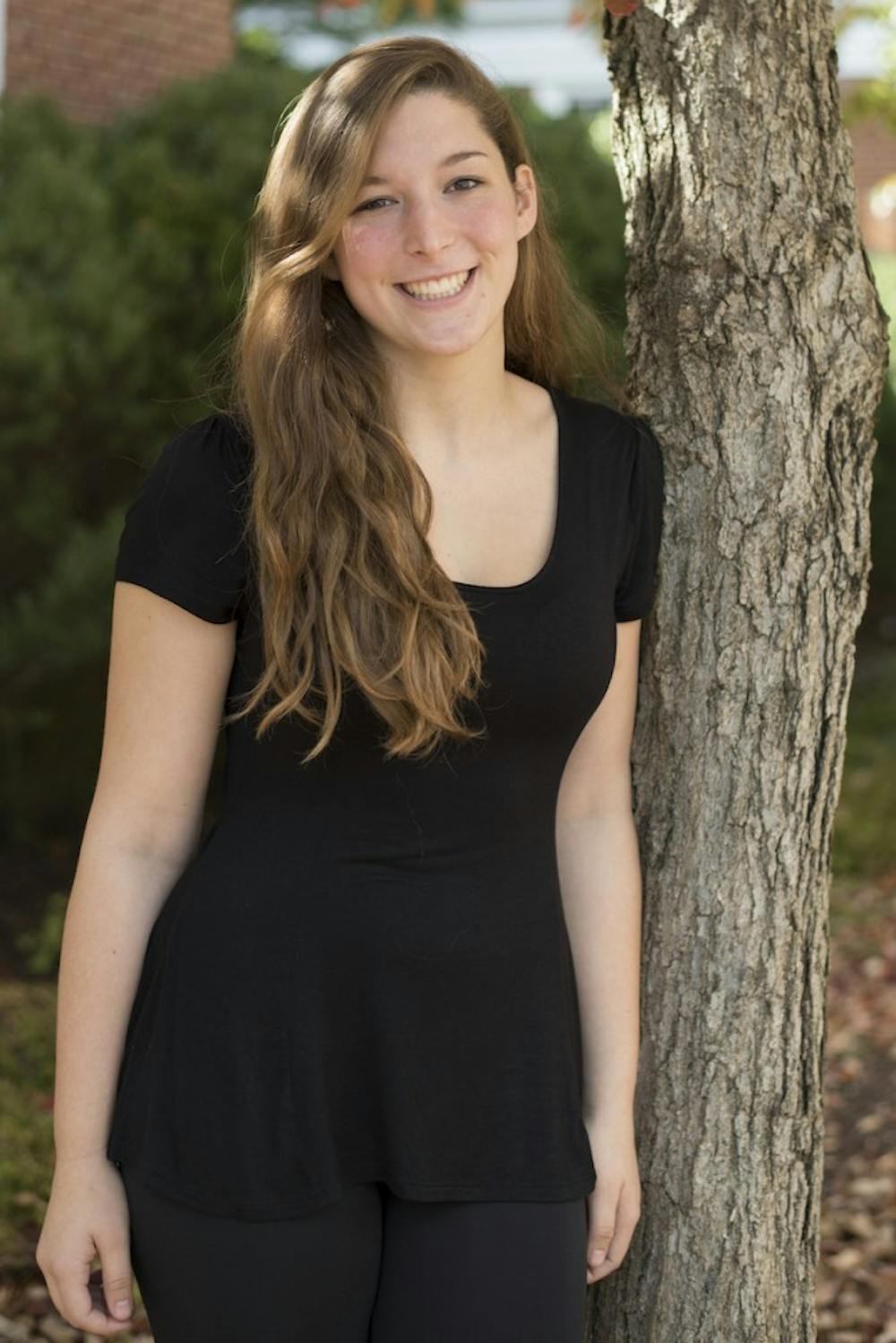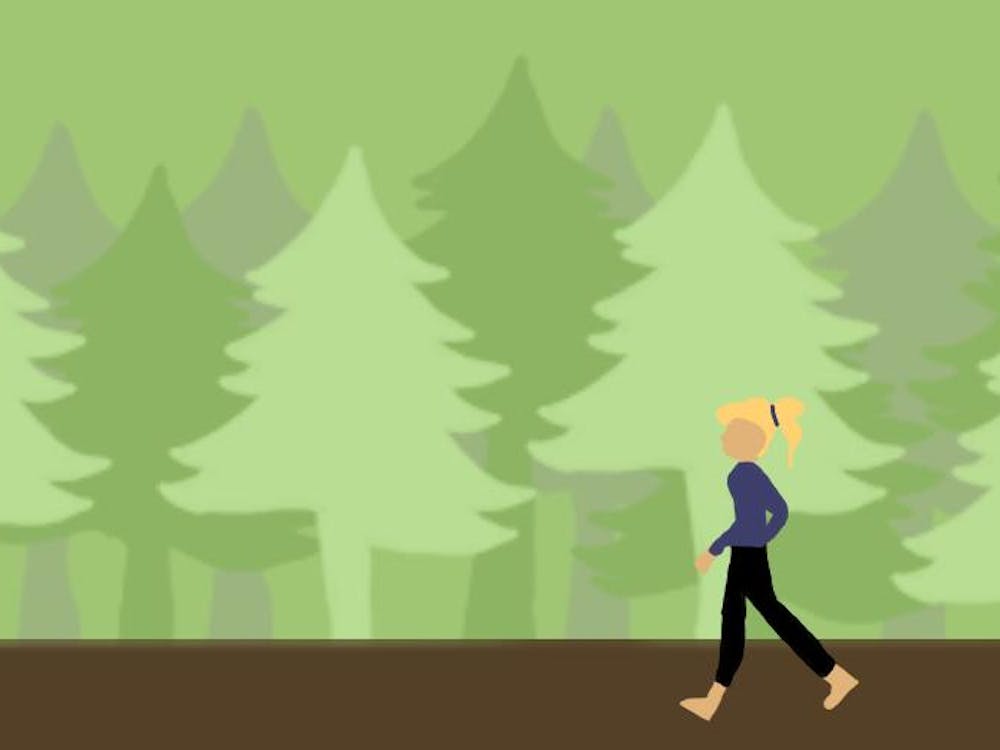Every week, I spend 20 hours in class, 50 hours in the library, seven hours in meetings, five hours at the gym (if we’re being super generous), about 55 hours sleeping, leaving 31 hours for eating, self-care, cleaning, relaxing and friendship — and I consider myself lucky.
One of my roommates came home from the library at 2 a.m., Sunday through Thursday, for three weeks in a row. Another friend went an entire week without sleeping in his own bed, opting instead to pass out in Clemons or at his fraternity house. Recently, my mom called and begged me to consider taking 12 credits next semester, claiming that any more than four classes is just unreasonable. “No mom, five classes are just the norm here. That’s what we do.” At U.Va., we are in a perpetual state of being busy.
Busyness leads to stress and stress leads to lots of short-term and long-term issues; it can weaken your immune system, affect your emotional health and negatively impact your relationships. As far as handling stress, my personal coping mechanisms could probably use a little work — binge-watching reality TV is probably not the best use of my limited hours. It wasn’t until my well-read 76-year-old Grandma Flora snail mailed me a “Psychology Today” article about the benefits of at-home meditation that I began to reevaluate my stress management.
It is no secret meditation has legitimate, scientifically proven benefits. According to multiple studies and experiments, meditating regularly increases focus by a factor of 10, decreases depression by 75 percent and results in 50 percent less disease. Less tangible results include a stronger sense of self-awareness, increased consciousness, deeper sleep, heightened spirituality and a stronger fulfillment in life. Internally, meditation can translate to decreased blood pressure and hypertension, lower cholesterol levels, more efficient oxygen use by the body and increased production of the anti-aging hormone DHEA.
When I told my mom about my plan on the phone, she laughed quietly and implied that the idea of me sitting still for more than 30 seconds is a bit of a pipe dream. I’m hardly spiritual and always saw the metaphysical aspects of yoga to be a little cheesy — I don’t really see myself connecting to a supreme being through breathing exercises. But she and I agreed, why not give it a try?
After extensive research, I found a regiment I believed best fit my needs. It’s recommended that beginner meditators start with a small block of time and increase by a few minutes each day. You should find a clean, quiet space with few distractions, dress comfortably and stretch beforehand. Most importantly, you should close your eyes and focus on your breathing, losing yourself in the counts and the patterns of oxygen flow.
Around 10 a.m. my first day, I sat criss-cross applesauce on my bed, put on an app that sounds like crashing waves, set my alarm for thirty minutes and closed my eyes.
Not kidding, it was the longest half hour of my entire life. My mind wandered from this class to that friend to this piece of gossip until I just gave up and started counting down the time. Clearly, my lack of focus was working against me and I would need to figure out a plan B before the next day.
Day two, I decided to edit down — I set my alarm for 5 minutes and got into position. This time, more aware of what was ahead, I pictured a hibiscus flower — recommended by a Tumblr page — and began to count my breaths. Cutting the time by about 83 percent was definitely the right decision and for the following five days, I added a minute each time I meditated.
So, did I actually notice anything?
No, not really. But that doesn’t mean I’m going to stop.
I still feel stressed out by certain parts of my day or certain classes, and it’s still hard to focus when I’m doing readings or assignments. But waking up every morning and knowing I had to start my day by resting my mind added a wave of calm to my life. I believe if I implement this as a regular part of my routine, these benefits will come — they’ll just come slowly, which is totally fine because these benefits happen to include increased patience. However bougie, pointless or crazy it may seem to you, this is a movement making a real difference in people’s lives.
Next week, I will be going totally vegetarian! Feel free to join me on the path to meatless living.







